-

Majority of freshwater fish caught in San Diego County contain parasites: Study
A UC San Diego’s Scripps Institution of Oceanography study published Tuesday found that more than 90% of freshwater game fish in Southern California had parasites capable of infecting humans and causing health problems. The parasites are introduced species from elsewhere, and Americans are perhaps not aware of the risk, the authors write in the Journal of Infectious Diseases. “Americans...
-

UC San Diego scientists develop gel to attract baby coral, encourage reef growth
SNAP-X releases scents that attract larvae to help sustain coral reefs in the ocean, according to UCSD’s Scripps Institution of Oceanography.
-

UC San Diego scientists develop gel to attract baby coral, encourage reef growth
Researchers at UC San Diego have developed a substance that can attract coral larvae, which could overcome an obstacle of reef restoration efforts.
-

‘Spooky looking' rare oarfish that washed up in Encinitas on view at Birch Aquarium
The exhibit takes a dive into the science and the folklore of these sea serpents, or so-called doomsday fish, reports NBC 7’s Brooke Martell.
-

‘Spooky looking' rare oarfish that washed up in Encinitas on view at Birch Aquarium
The oarfish in the exhibit is the 22nd oarfish known to have washed up in California. The exhibit takes a dive into the science and the folklore of these sea serpents, or so-called doomsday fish.
-

100 years of research at Scripps Pier helps explain our changing climate
The data collected is the longest continuous record of such measurements in the Pacific Ocean, which means it’s one of the best places to track long-term changes happening in the ocean.
-

Scripps researchers use water temperatures to detect warming oceans
Research being done in San Diego could shed light on why were seeing powerful hurricanes and our rainiest years ever. NBC 7 meteorologist Greg Bledsoe reports.
-

NASA picks 2 Scripps women scientists as finalists for climate change mission
NASA has selected local female scientists Helen Fricker and Sara Gille to put their unique satellite missions into concept studies with the goal they’ll better track the impacts of climate change across the globe.
-

Scripps researchers use the ocean floor to study climate change
When we think about climate change, we usually think about sea level rise, warming temperature or extreme weather. One way researchers at Scripps are studying climate change might have you surprised. NBC 7’s Sheena Parveen explains.
-

Scripps scientists chosen as finalists by NASA in climate change mission
Two local female scientists were selected to put their satellite missions into action with the goal of telling more about our planet. NBC 7’s Brooke Martell reports.
-
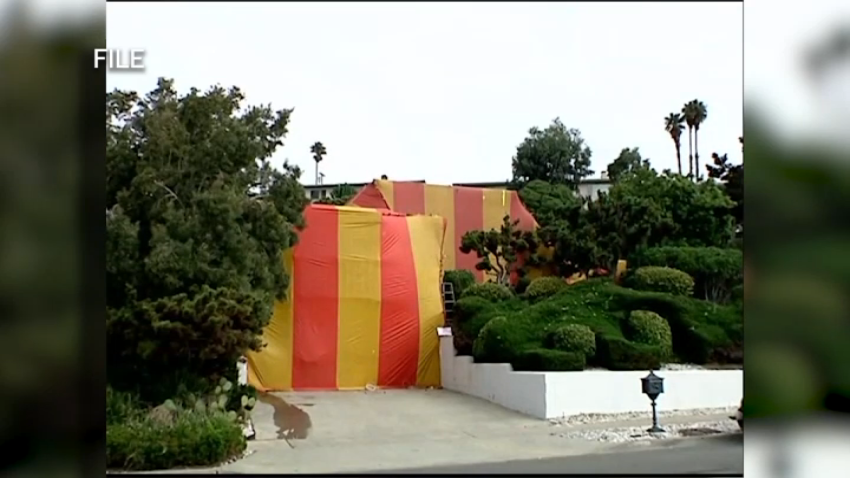
California emits the most greenhouse gas from termite treatment in US, study shows
While termite treatment may help get rid of one problem, a new study from Scripps scientists shows the chemicals used in it are hurting our atmosphere.
-

New study shows termite treatment raises environmental concerns
While termite treatment may help get rid of one problem, a new study from Scripps scientists shows the chemicals used in it are hurting our atmosphere. NBC 7’s Brooke Martell reports.
-
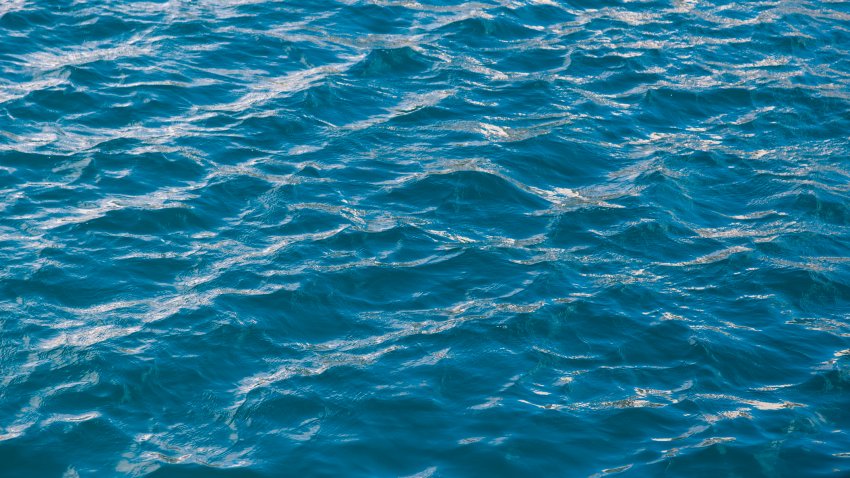
DDT chemicals making way into deep-sea food web, alarming researchers
Marine life off the Los Angeles coast may still be impacted by the effects of a long-disused DDT dumping site, a report from UC San Diego’s Scripps Institution of Oceanography and San Diego State University researchers found Monday.
-
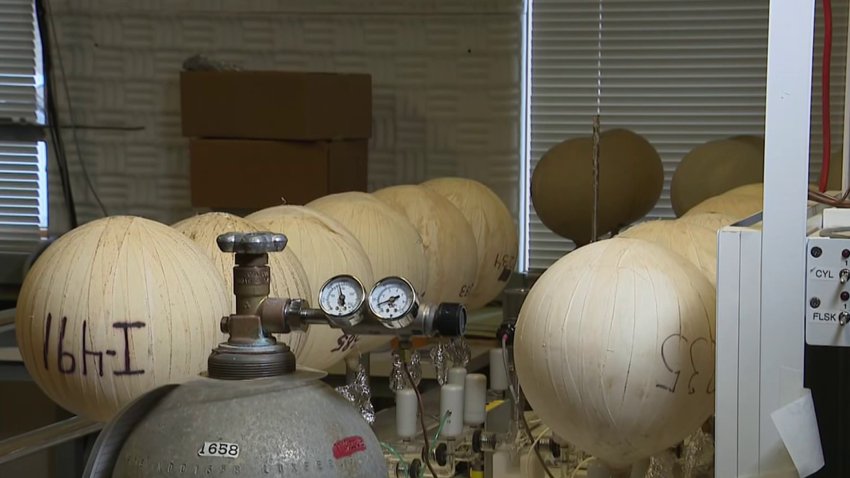
Highest atmospheric CO2 level recorded in March, Scripps scientists say
The Keeling Curve measures the amount of carbon dioxide in the atmosphere. Scientists at Scripps Institution of Oceanography at the University of California, San Diego have been tracking these measurements from all over the world, and last month, they broke a record — but it’s not something to brag about.
-

Highest atmospheric CO2 level recorded in March, Scripps scientists say
Scientists at Scripps Institution of Oceanography at the University of California, San Diego have been tracking these measurements from all over the world, and last month, they broke a record. NBC 7’s Brooke Martell explains why it’s not something to brag about.
-
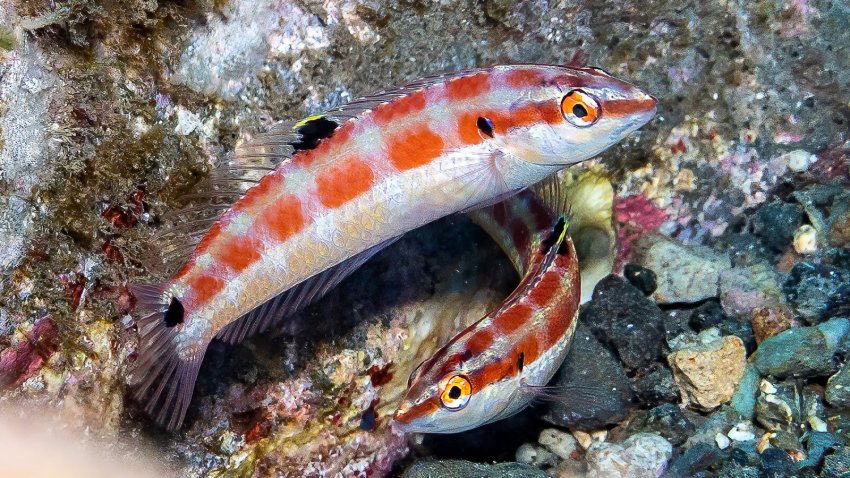
Scripps scientist part of team that discovered eastern Pacific tropical fish
A team of scientists, including Ben Frable of UC San Diego’s Scripps Institution of Oceanography, discovered a new species of tropical fish during an expedition to remote Mexican islands.
-
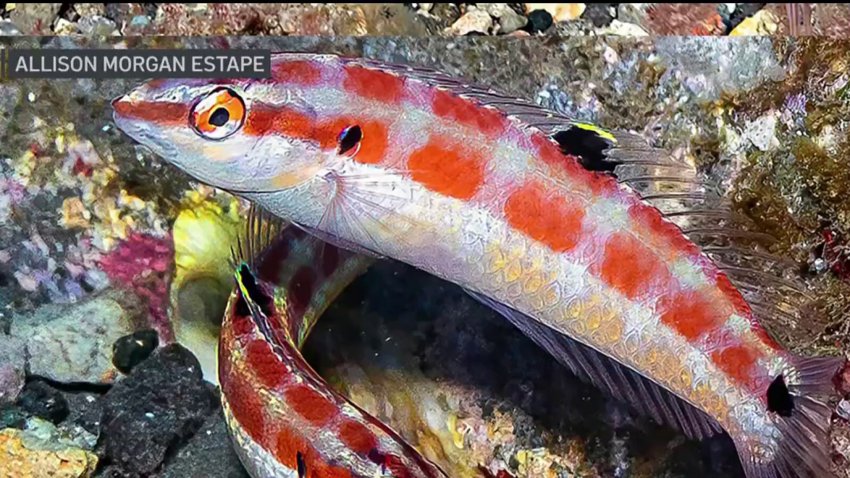
New species of fish discovered south of Baja California Peninsula
The remarkable find was made in 2022 by a team that included a Scripps Institution of Oceanography scientist. NBC 7’s Brooke Martell details the discovery and what it means.

